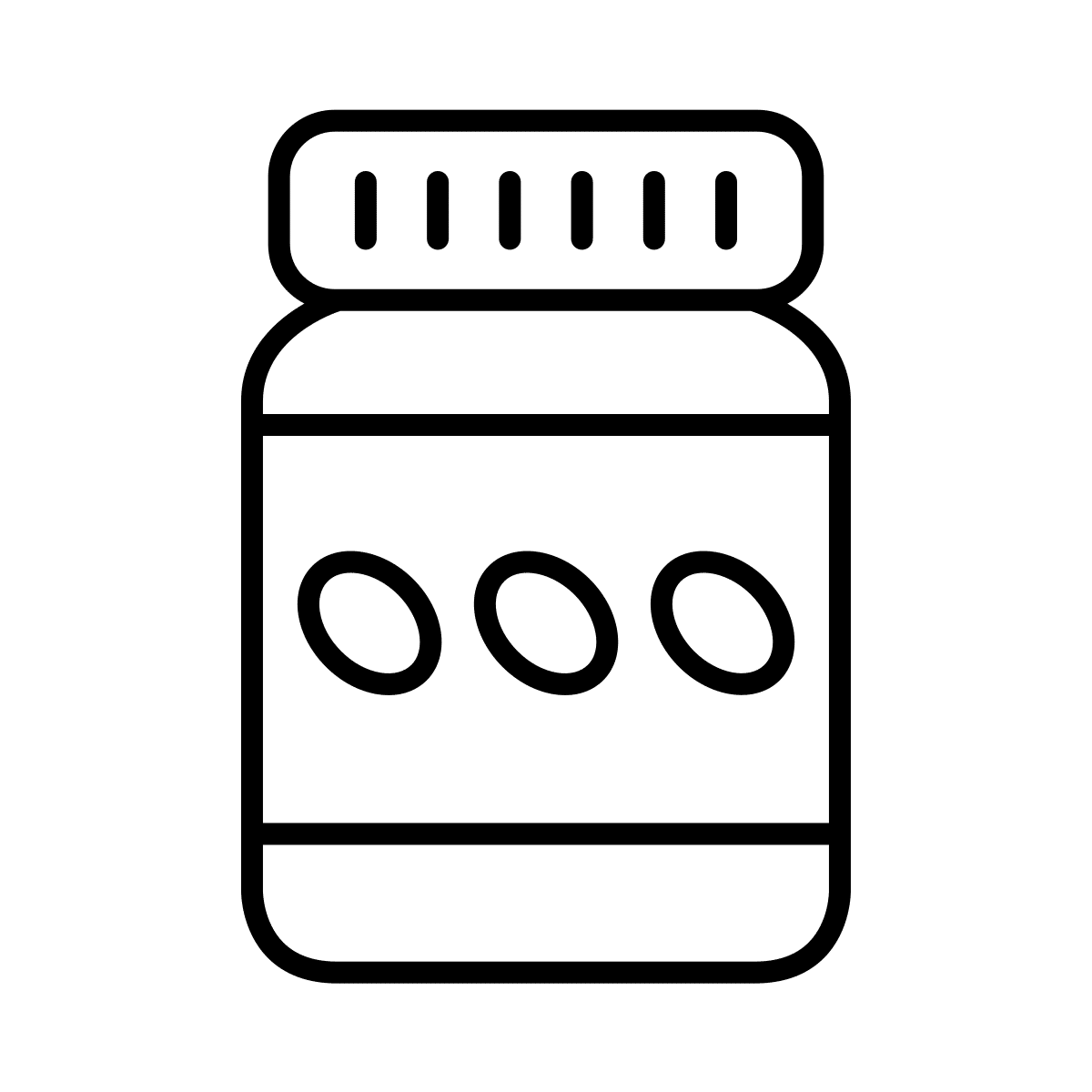Mobile is no longer a trend in ecommerce, but an accepted standard in the online shopping journey.
According to recent statistics, consumers are using mobile devices for up to 70% of online purchases.
That’s why most retailers have invested in a mobile responsive website over the past years, because it became necessity to attract and retain customers.
But a lot of e-merchants still wonder, ‘Why do I need a mobile app if I already have a mobile website?’ and ‘What’s the difference between a mobile app or mobile website?’ They are both meant to attract and convert mobile visitors and customers, right?
There are still some myths around these two different channels.
Let’s unravel the secrets to mobile app vs mobile website forever and see how you can use them both to strengthen your mobile commerce strategy.
Mobile Website: Strengths, Weaknesses, and Strategy
A mobile site or responsive website is optimized for use on a mobile phone or tablet, so users of the website can easily shop and make purchases.
- Strengths: Easily Accessible and Inexpensive
It may already be obvious, but having a mobile site makes it easy for consumers to buy with their phones and tablets. They are making a ton of purchases on these devices, so having a mobile website that scales well is important for browsing, product research, and conversion.
Think about it: would you buy stuff on your phone from an online store that shows half of the page and you have to search for the ‘buy now’ button? The other good thing about mobile sites is that they are always accessible by anyone on the internet: you don’t have to download a website, like you do with a mobile app, to scroll through your products.
Also, now that mobile websites have become the standard, with most ecommerce platforms, it’s pretty easy and not too expensive to automatically scale your website for mobile use.
- Weaknesses: Conversion and User Experience
It basically comes down to this: Mobile websites are scaled desktop websites. Meaning they are good but not great on all parts. Mobile websites depend on an internet connection and are not saved locally on the phones of users, like with apps. Therefore, mobile websites need more loading-time and are not interruption-proof when users experience bad connection on the go (which can happen quite often in transportation).
Loading time and interruptions have a big influence on conversion. The slower the website, the more people will click away from your site and get annoyed. It can actually deter consumers from shopping or returning to the site.
It’s not surprising that mobile websites have the highest rate of shopping cart abandonment with up to 98% of people leaving their cart (with apps this is about 20%), and retailers have trouble converting shoppers through mobile sites.
- Strategy:
Use Mobile Sites to Attract New Customers
Everybody can access your mobile website, making it perfect for attracting new customers and being found on the web.

Mobile App: Strengths, Weaknesses, and Strategy
Native apps are written using the operating system’s specific language (iOS & Android) on mobile devices, which ensures the best mobile experience for the end users.
- Strengths: Repeat Purchases, Conversion, and User Experience
Mobile apps are written using the language of the device of your customers (iOS, Android, etc.), which ensures it’s very intuitive, easier, and more convenient in use than any other mobile solution. This results in much higher conversion rates.
Mobile apps are much faster than mobile websites. Once customers download your app, all the content is installed on their phone. Therefore, users don’t have need an internet connection to view your products, like with mobile websites, and it loads much faster. Mobile shopping cart abandonment is much lower (20%), also due to an easier checkout.
Next to that, features like utilizing push messages with the latest offers, location based marketing, loyalty-program-integration, and the constant branding of the app icon whenever they open their phone, all make sure customers return twice as fast and spend 34% more within apps.
- Weaknesses: Downloads and Choosing the Right Platform
What’s difficult about apps is that people need to trust your brand before they will download it. The hurdle is higher to get a first-time user with an app vs. a mobile site. Therefore, mobile apps are very powerful for turning first customers into loyal buyers.
There is a lot of different app technology on the market. You can choose hybrid, web app, or native and custom made (expensive) or saas-technology, integrated, or stand-alone. With all these choices, it’s hard to create the right one that doesn’t impact your workload, gives your customers the right experience, and will turn your customers into brand fans.
When researching for mobile app development, you should always keep the user experience of the customer in mind. Research shows that with apps, when not performing right, 70% of people will not even use it a second time. Native apps offer the best experience, so should always be your first choice.
- Strategy: Use Apps to Turn First-Customers into Lifelong Customers
Although apps are sometimes downloaded by first-time customers, they are most powerful for turning new customers into big spenders. But beware to choose a platform that’s integrated, easy to manage, and gives your customers the right mobile experience.
Overall Verdict: App versus Site?
In many ways, a mobile site and a mobile app are complimentary. Having both a well-made mobile site and a well-built mobile app gives your company the chance to work on all fronts, and makes it easy for your customers to have access to you. Mobile sites will make sure people find you; mobile apps will make sure they stick around.
Launch your app with JMango360
At JMango360 your mobile success is our responsibility. In just 4 weeks time, we’ll design and launch a PWA or native app that reflects your brand and puts your customers first. But adding an app as extra revenue channel is not a ‘launch and they will find me’ project. That’s why we continue where others stop.
Our app marketing support team will make your app results their priority. With best practices, templates, full support of experts and monthly app marketing calls you’ll be maximizing your app results in no time!








